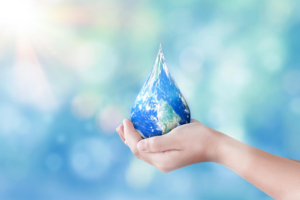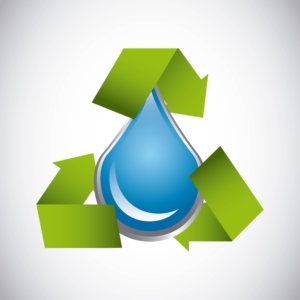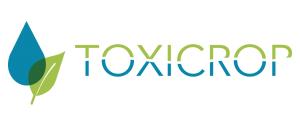Recycling water, an alternative to its scarcity
Reclaimed water is a valuable resource that can be used in several human activities to overcome water scarcity.
Overexploitation and increasing contamination of water make it essential to find alternatives to ensure water conservation and availability for future generations. Water reclamation involves the treatment of water so that water can recover its original quality. Therefore, water reclamation plays an important role in mitigating the effects of water scarcity. Such measures consist of recovering water from different sources in order to reuse it in our daily lives.

The water that is considered suitable for reclamation comes from treated municipal wastewater, industrial processes, agricultural runoff, or rainwater.
We can use reclaimed water for potable and non-potable uses:
- Agricultural irrigation
- Irrigation of urban green areas such as parks or gardens
- Water for industrial processes
- Domestic non-potable use, such as toilet flushing
- Recreational uses, such as lakes, fountains, and ponds
- Environmental restoration such as streams and wetlands
- Municipal water supply

The quality of reclaimed water is based on the presence of contaminants. The biggest difference between potable and non-potable water is the presence of pathogens.
Reclaimed water reduces the dependency and overuse of freshwater.


